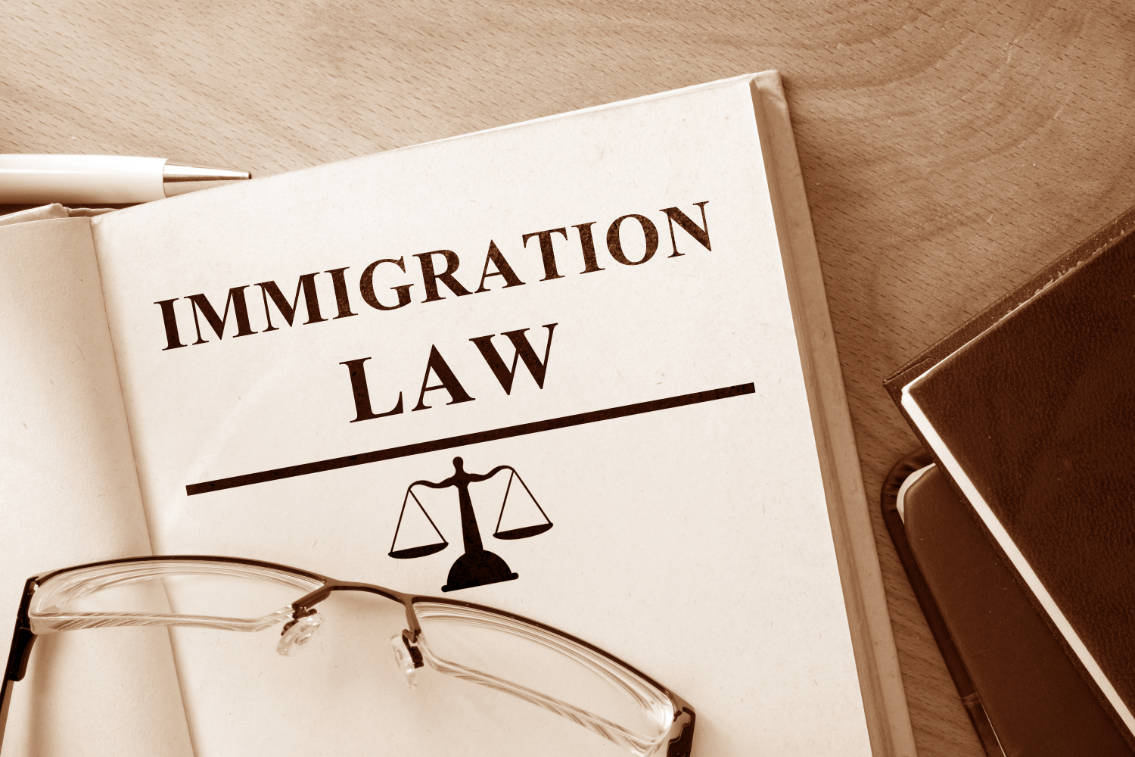The United States’ Suspension Clause is a part of the writ of habeas corpus. It states that the federal government may not suspend this privilege except in extraordinary circumstances: if there is a rebellion or invasion or the public safety requires it. These circumstances may lead to limitations or temporary suspension of these rights.
For example, during times of national emergency or war, some rights may be restricted in the interest of public safety. Think of the curfews, shutdowns, and travel restrictions that happened in 2020 in response to the global pandemic.
In addition, many states practice disenfranchisement, which refers to the loss of civil rights, primarily the right to vote. States are able to place certain restrictions on who can vote, including restrictions based upon someone’s criminal record. There are types of felony convictions that will result in the convicted felon’s loss of the right to vote, to run for state office, and to serve on a jury.

